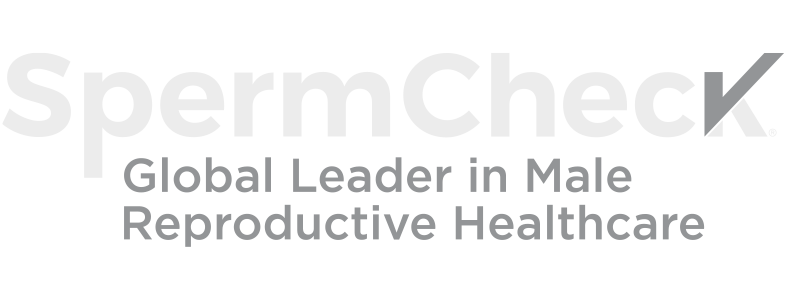
There are a lot of advantages to putting off having kids until your 30s or 40s: by then you’ve upgraded from a futon to a real mattress, have graduated from having to fetch other people coffee for meetings, and have more than $100 in your checking account at any given time. In other words, you’ve been working hard at this adulting thing and it’s starting to pay off.
The downside, however, is that while you’re been busy growing up, your baby factory has been growing old. You might need to blow some dust off to get it working at capacity.
Just know that you’re not alone: According to the Centers for Disease Control and Prevention, 20 percent of American women now have their first child after age 35. In fact, the birth rate for women throughout their 30s has increased since 2015, while women in the 25-29 range—who used to be the top baby makers—have seen a lowering in the birth rate.
Men are also waiting until they are older to start having kids. For men over 30, the birth rate has increased by 21% since 1980, and by nearly 30% for men over 40.
Of those women who wait until 35 to start trying to have kids, about a third struggle to get pregnant (due to aging eggs and increased risk of other reproductive challenges), and seek out a fertility specialist. There is a slight decline in a woman’s fertility at the age of 32, but this decline increases more steeply after the age of 37. Overall, your chances of getting pregnant without fertility-help in your 30s are about 75 percent in any one cycle. Not too shabby.
And it’s not just the ladies who struggle with fertility issues as they age—men also find themselves dealing with reproductive challenges as they get older. Even though men are constantly producing new sperm—unlike women who are born with all the eggs they are ever going to have (talk about putting all your eggs in one basket)—over time the quality starts to decline, which impacts successful reproduction.
Bottom line: Infertility problems in your 30s and 40s can be traced equally to both men and women, so if you and your partner are down with trying to make a baby, you’d each benefit from doing what you can to improve your own fertility.
Tips for getting pregnant after 30
When you’re ready to take that ultimate step toward and try to conceive in your 30s or 40s, both prospective moms and dads-to-be can take steps to boost their fertility.
- Diet: If you want to make a baby, don’t drink and don’t smoke. Also, cut out trans fats, artificial and processed foods, and sugar spikes. Obvious, but sometimes hard to quit, stuff. Guys, don’t think it’s just the ladies who need to watch what they eat and drink. There are things you should start adding to your diet to improve the quality of your sperm, like royal jelly capsules (made of bee pollen) and black maca powder in tea form (due to its antioxidant properties). It’s “a conception superfood!” according to Christa Orecchio, co-author of “How To Conceive Naturally: And Have a Healthy Pregnancy After 30
- Lifestyle: Research is starting to show that chronic stress can be a huge impediment to making a baby. A Harvard Medical School study found that women who participated in a 10-week mind-body program, including relaxation and yoga, were nearly three times more likely to conceive than women who didn’t take part
- Check your fertility: If you want to establish a baseline of where you are in the fertility department, you can test your sperm count by visiting a clinic and providing a sample. Another alternative is to use SpermCheck, an over-the-counter male fertility test that measures your sperm count
If you implement these changes and still don’t find any success after six months of trying to conceive without using any birth control, it might be time to consider making an appointment with a fertility specialist.
Making the decision to have a baby might be the ultimate step in embracing adulthood. Hopefully, by making some changes in your diet and lifestyle, someday soon you might find a crib pulled up next to that new grown-up mattress of yours.



